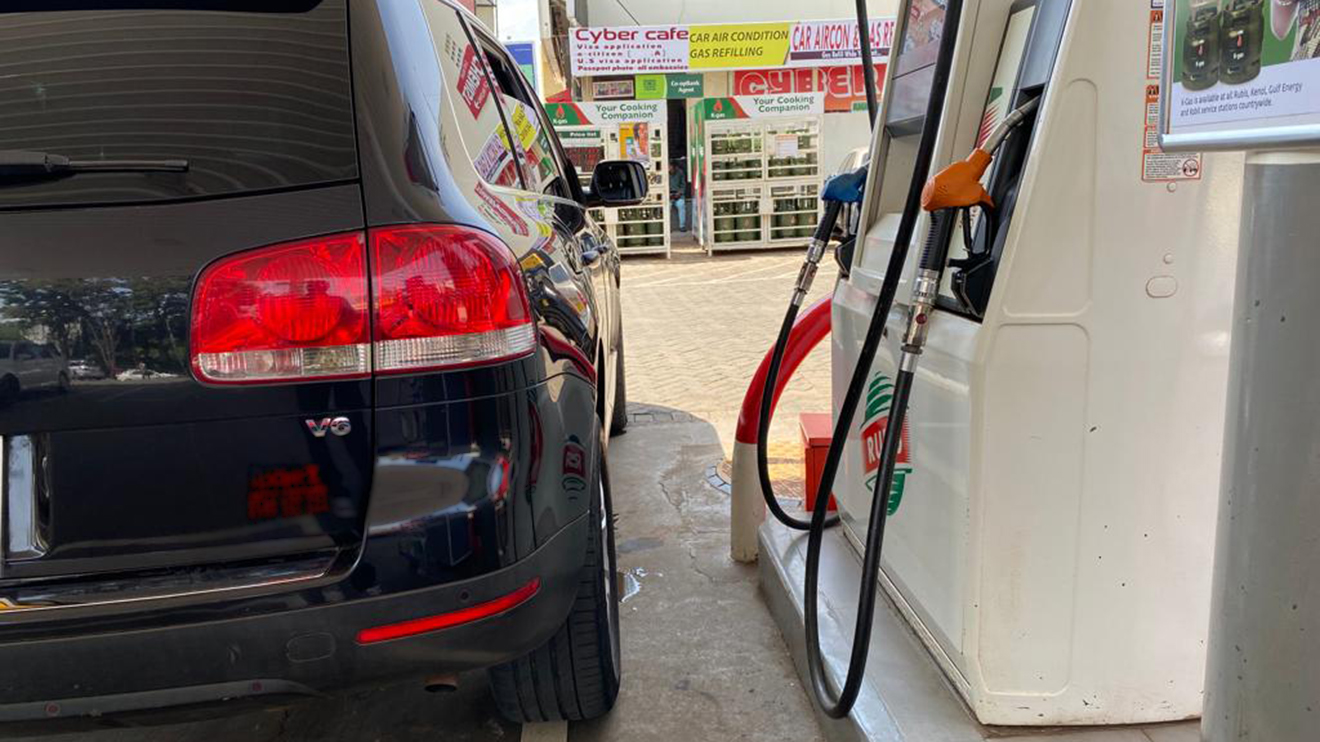The Energy & Petroleum Regulatory Authority (EPRA) has announced revised the maximum retail prices of Super Petrol, Diesel, and Kerosene downwards, effective Thursday.
The move brings welcome relief to consumers experiencing the effects of inflation and rising living costs.
According to the announcement, there will be a reduction in the maximum allowed pump prices of Super Petrol, Diesel, and Kerosene by Sh1.00 per litre respectively during this period.
"In the period under review, the maximum allowed petroleum pump price for Super Petrol, Diesel and Kerosene decrease by Sh1.00 per litre respectively."
According to EPRA, the average landed cost of imported petroleum products has experienced a decline, contributing to the adjusted prices.
Read More
Specifically, the landed cost of Super Petrol dropped by 1.71 per cent from US$677.78 per cubic metre in December 2023 to US$666.16 per cubic metre in January 2024.
Similarly, Diesel saw a decrease of 3.08 per cent from US$751.15 per cubic metre to US$728.03 per cubic metre, and Kerosene decreased by 1.17 per cent from US$727.00 per cubic metre to US$718.51 per cubic metre..
These prices, which include the 16 per cent Value Added Tax (VAT), are in line with the provisions of the Finance Act 2023
It is important to note that price stabilization mechanisms remain in place for Diesel and Kerosene. "
To ensure these stabilization mechanisms function effectively, Oil Marketing Companies (OMCs) will be compensated for any incurred under-recoveries through the Petroleum Development Levy (PDL) Fund.
While the Sh1 decrease may seem modest, it carries significant implications for the Kenyan economy.
Lower fuel costs are expected to stimulate economic activity, particularly in sectors heavily reliant on fuel such as transportation and agriculture. Additionally, it provides some relief to individual consumers experiencing financial strain.
The future trajectory of fuel prices remains dependent on various factors, including global oil prices, government policy, and exchange rate fluctuations.
However, the current decrease offers a positive development for Kenyan consumers and businesses alike.







-1755100273.jpeg)


